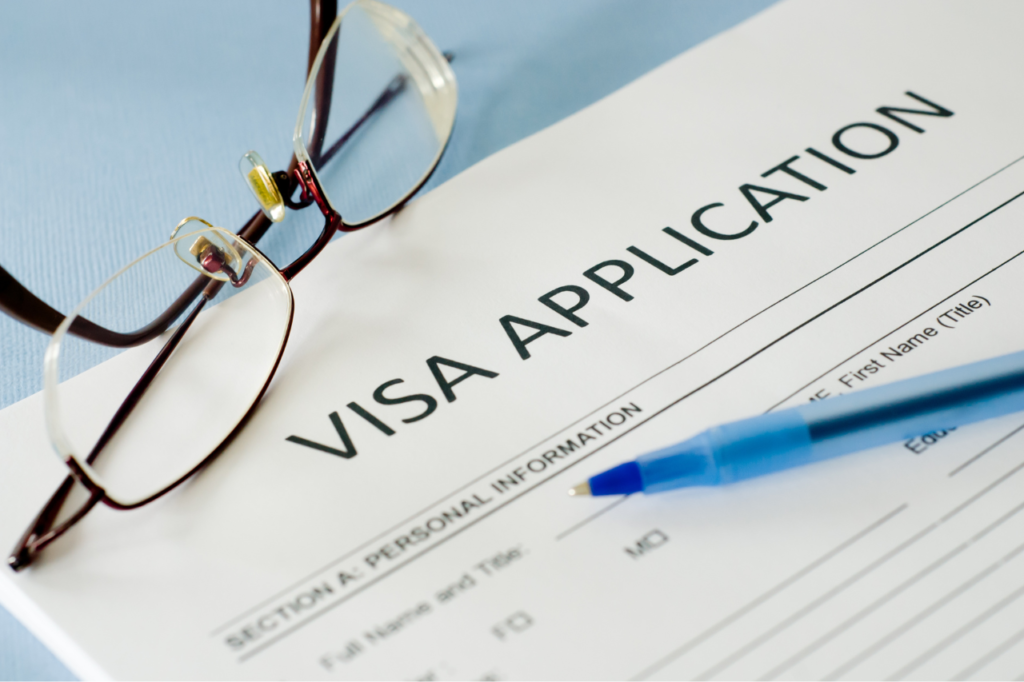Bringing your family members from Ukraine to the UK involves understanding specific rules and regulations. The UK government has made provisions to simplify this process, allowing you to sponsor your family members. This guide will cover these rules, sponsorship eligibility, and the steps to bring your loved ones to the UK.
Understanding Family Sponsorship
Sponsorship Cost:
Sponsoring family members under these rules doesn’t involve any financial costs, unlike many visa applications.
No English Language Requirement:
Your family members do not need to prove their English language skills under these rules, unlike typical UK visa requirements.
No Tuberculosis (TB) Test:
Family members sponsored under these rules are exempt from the usual TB test requirement for visa applicants.
Extending Sponsorship:
Besides immediate family, you may also sponsor individuals from Ukraine under the ‘Homes for Ukraine’ initiative. This involves providing accommodation for at least six months, which could mean offering a spare room.
Eligibility for Sponsorship
Here are specific criteria that must be met based on your immigration status. Here’s who can act as a sponsor:
- British citizens are eligible to sponsor family members.
- Irish citizens living or having lived in the UK can also sponsor family members.
- Individuals with indefinite leave to remain in the UK can serve as sponsors.
- Those with settled or pre-settled status from the EU Settlement Scheme can sponsor family members.
- Commonwealth citizens with the right of abode, as determined by the UK government, are eligible to sponsor family members.
- Individuals with refugee status or humanitarian protection can act as sponsors.
Please note that individuals on work, study, or family visas in the UK are generally not eligible to sponsor family members. However, if you hold a partner visa, your partner may be able to act as the sponsor.
Who You Can Sponsor to Bring to the UK
You can sponsor them if your relationship began before January 1, 2022, and you have lived together for at least two years.
Your or your partner’s children and grandchildren can be sponsored regardless of age.
Sponsorship can extend to your or your partner’s parents and grandparents.
You can sponsor your brothers and sisters.
Your sponsorship can include aunts, uncles, and cousins.
You can sponsor your nieces and nephews.
If a surrogate is carrying your child or has given birth to your child and intends to bring them to the UK, you can serve as a sponsor.
Sponsoring Minors
If you plan to sponsor someone under 18, they need written permission from their parents to travel to the UK, unless they are traveling with a parent or joining one in the UK. If getting written permission is impossible due to special circumstances, you’ll need a compelling reason to explain why.
Sponsoring Additional Family Members to the UK
When you sponsor a family member to come to the UK, you can also sponsor additional individuals who may not be directly related to you, including:
Husband, Wife, Civil Partner, Proposed Civil Partner, or Fiancé if they have lived with your family member for at least two years.
Family member’s children who are under 18.
If your family member is under 18, you can sponsor their parents.
The individuals you sponsor do not need to be directly related to you. The Home Office will also consider applications from other family members who typically live with you.
Process for Applying to Enter the UK
To apply for entry to the UK, your family members should follow these steps:
Begin by applying online via GOV.UK, providing details like name, address, and passport number during the application process.
While family members can apply independently, you can also submit an application on their behalf with their consent. Keeping in touch with them throughout is crucial to ensure all necessary details are gathered.
Requirements for Documents when Applying for UK Entry
The documentation needed varies depending on whether your family member has a Ukrainian international passport or not, with provisions for expired passports with an extension stamp.
Document Requirements:
If Your Family Member Has a Ukrainian Passport:
Your family member should scan or photograph their Ukrainian passport and upload it during the application.
They will receive a confirmation email allowing them to travel to the UK for up to six months.
Upon arrival, they must book an appointment to provide their photograph and fingerprints, permitting them to stay in the UK for three years from their arrival.
The application to complete their process can be made on GOV.UK.
If Your Family Member Doesn’t Have a Ukrainian Passport:
They must visit a visa application center before traveling to the UK, and book an appointment during the application process through GOV.UK.
The visa application center will request proof of your relationship, like birth or marriage certificates, and verify your identity with an identity card or non-Ukrainian passport.
Encourage them to scan or photograph documents and upload them on the visa application center’s website before the appointment.
If documents are in Ukrainian, it’s advisable to translate them into English using templates from the Charity Translators website.
Applications can be submitted without immediate translations; they can be uploaded later.
If certain evidence is unavailable, provide a valid explanation; the visa application center may still accept the application with a compelling reason.
Rights of Family Members in the UK
They can work or study in the UK.
They are eligible to claim certain benefits.
Access to healthcare services through the National Health Service (NHS).
They can attend school in the UK.
They can rent or buy accommodation.
Access to free English language classes is available.
Bringing family members to the UK from Ukraine involves following specific rules and requirements. With careful planning and adherence to guidelines, it can be successful. Understand your role as a sponsor, eligibility criteria, and the application process to navigate smoothly. Also, stay informed about your family member’s rights and entitlements for their successful integration into British society.

